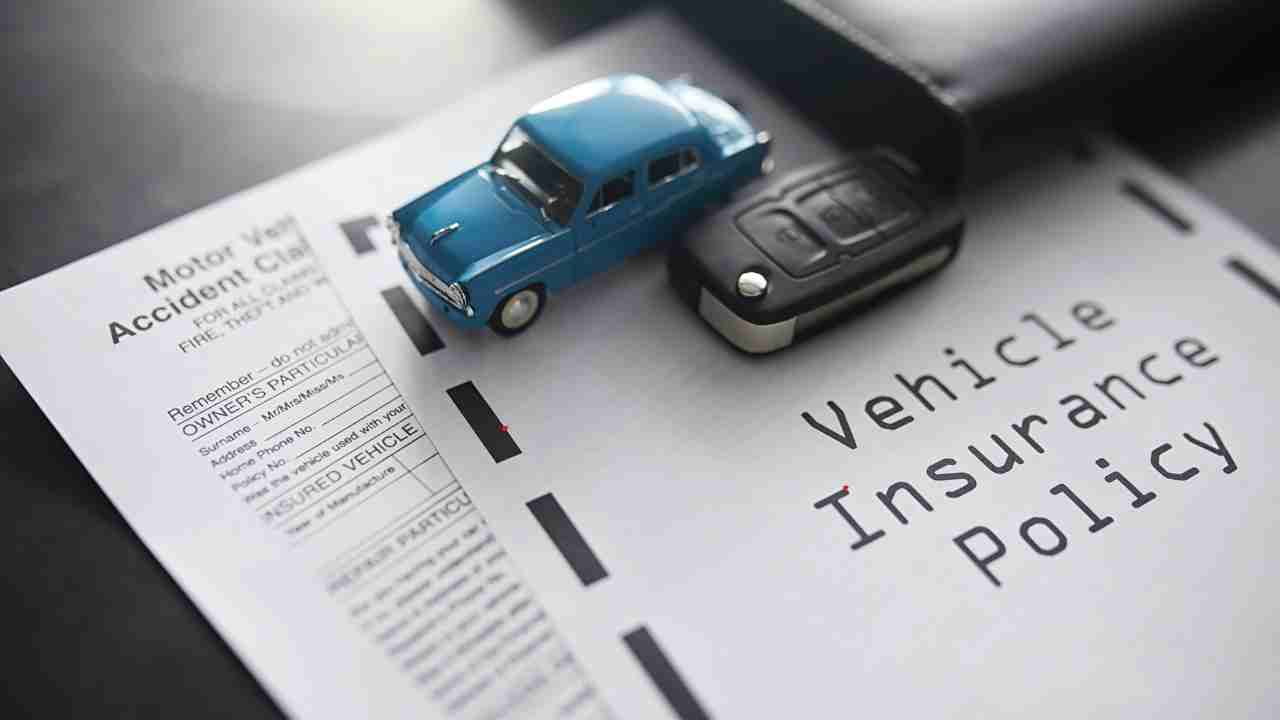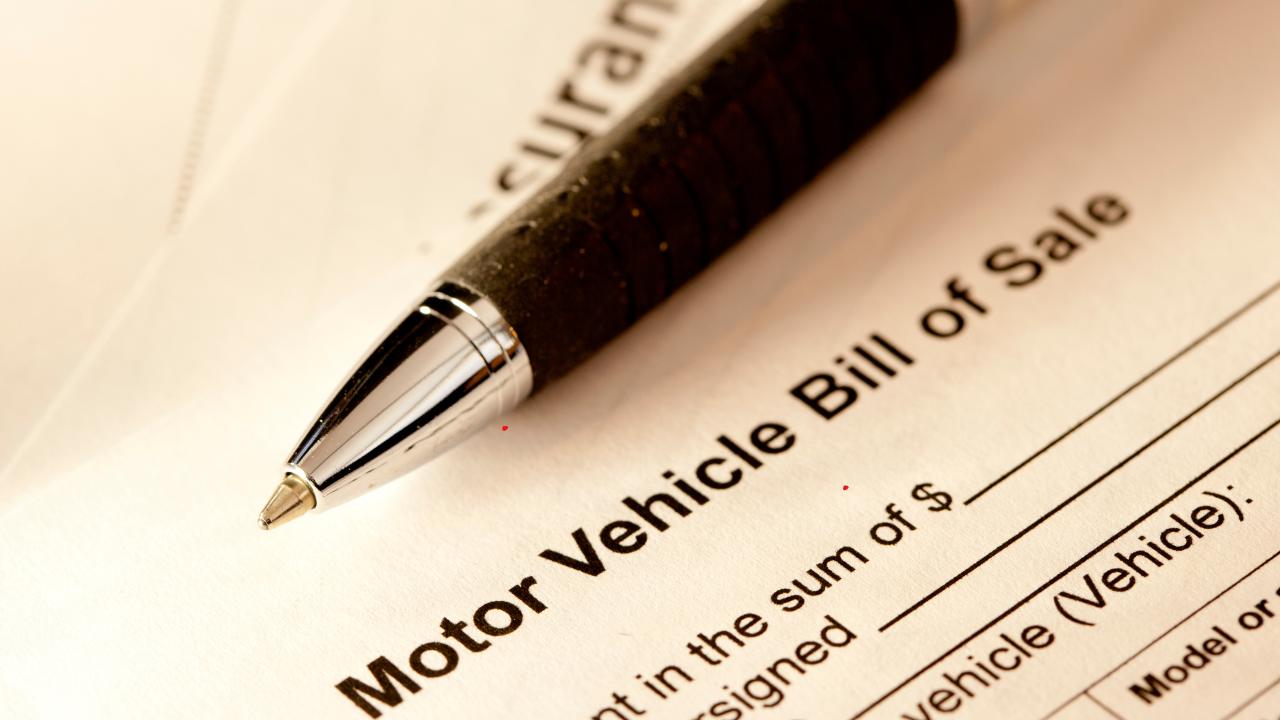When purchasing a used vehicle, whether from a dealer or a private seller, it’s important to come prepared with the necessary documents to ensure a smooth and hassle-free transaction.
Another important step in the car-buying process is conducting a license plate lookup and VIN check on the vehicle you’re interested in. This will provide you with valuable information about the car’s history and help verify its authenticity.
Here’s a step-by-step guide on the essential documents you’ll need:
Purchasing from a Dealer:

- Identification: Bring a valid government-issued photo ID, such as a driver’s license or passport.
- Proof of Insurance: This is required to legally drive the car off the lot.
- Financing Documents: If you’re financing the vehicle through a bank or lender, bring along any necessary financing documents, such as pre-approval letters or loan agreements.
- Trade-in Documentation: If you’re trading in a vehicle, bring its title and registration documents.
- Title and Registration: The dealer will handle the title and registration process, but you may need to provide personal information for the registration.
- Sales Contract: Review and sign the sales contract, which outlines the terms of the purchase, including the vehicle price, taxes, and any additional fees.
- Payment: Be prepared to make the required down payment or payment in full. Payment options typically include cash, certified check, or financing through the dealership.
Purchasing from a Private Seller:

- Identification: Bring a valid ID, such as a driver’s license, to verify your identity.
- Vehicle Documentation: Ask the seller for the vehicle’s title, registration, and maintenance records.
- Bill of Sale: This document outlines the terms and conditions of the sale, which includes details such as the vehicle’s VIN, purchase price, and signatures of both buyer and seller.
- Payment: Decide on a payment method with the seller, whether it’s cash, certified check, or another agreed-upon form of payment.
- Vehicle Inspection: Consider arranging for a vehicle inspection by a mechanic before finalizing the purchase.
- Transfer of Ownership: Complete the necessary paperwork to transfer the title and registration into your name. This may vary depending on your state or country’s requirements.
- Proof of Insurance: Arrange for insurance coverage before driving the vehicle off the seller’s property.
- Vehicle History Report: Provides information on past ownership, accidents, and repairs.
Future Requirements:
- Regular Maintenance: Keep your vehicle in good condition.
- Insurance Renewal: Ensure your insurance is always up to date.
- Registration Renewal: Typically required annually.
Checklist:
- Valid ID
- Proof of Insurance
- Financing Documents (if applicable)
- Trade-in Documentation (if applicable)
- Sales Contract (dealer purchase)
- Bill of Sale (private purchase)
- Payment Method
- Vehicle Title and Registration
- Maintenance Records (private purchase)
Always verify the requirements and procedures with your local Department of Motor Vehicles or relevant authorities to ensure compliance with local regulations.
Frequently Asked Questions
What is the role of proof of insurance when buying a car?
Proof of car insurance is one of the essential documents to bring when buying a car. It serves as confirmation that you have the required auto insurance coverage for the vehicle you are purchasing. Make sure to contact your insurance provider beforehand to ensure your new vehicle will be covered from the moment of purchase.
Do I need to provide proof of residency?
Yes, most dealerships will require proof of residency when you buy a car. This can typically be satisfied by providing a recent utility bill or any official document that states your current address. Proof of residency helps verify your identity and is a standard part of the car-buying process.
What documents are required for a trade-in?
When trading in your current vehicle as part of the car-buying process, you will need to bring the vehicle registration of your trade-in vehicle, the certificate of title, and any lender information if you still have an auto loan on the trade-in vehicle. These documents will be needed to transfer ownership to the dealership.
Do military members have special document requirements?
Military members may have unique document requirements when buying a car. Generally, the standard documents for car purchase apply, but there may be additional forms or benefits available for military personnel, which can vary depending on the dealership or financing department’s policies.